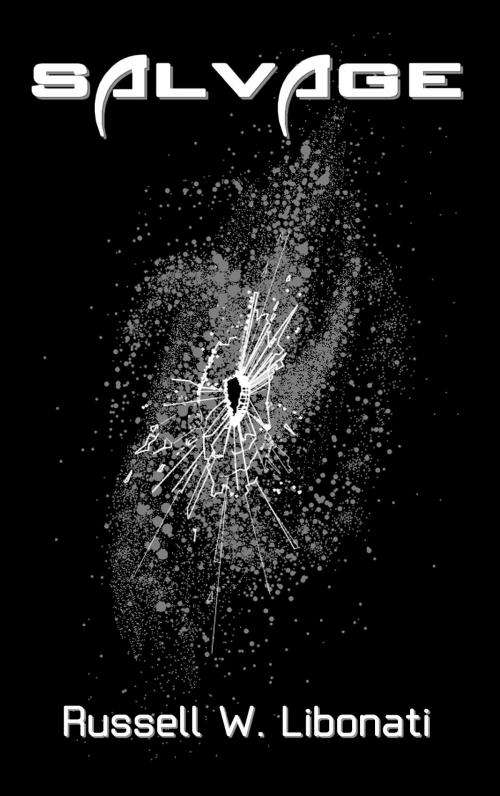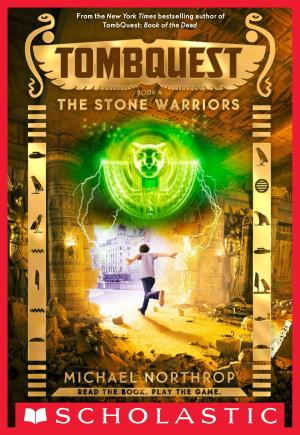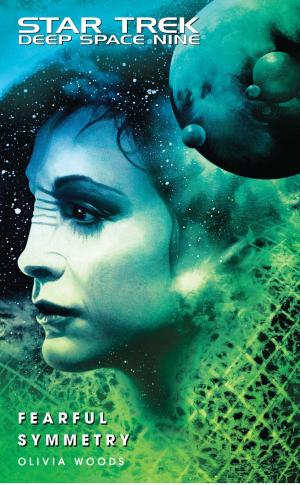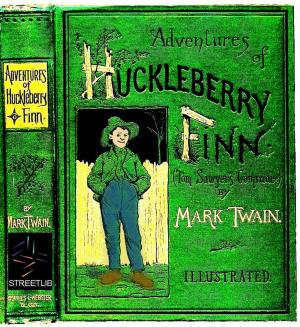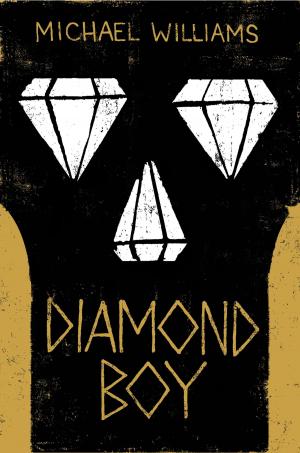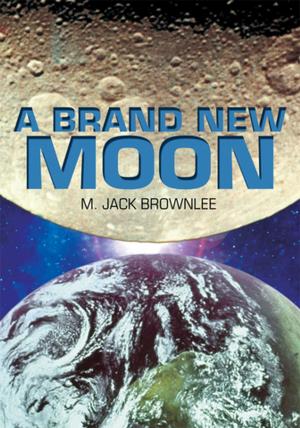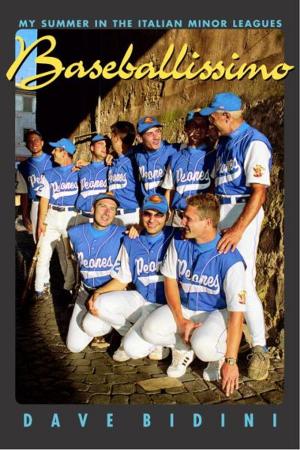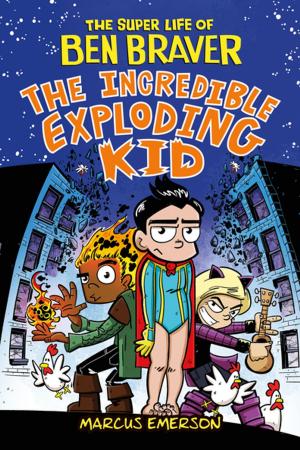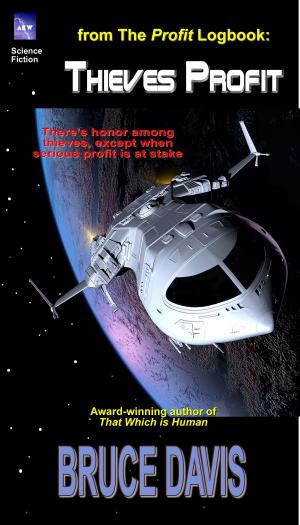| Author: | Russell Libonati | ISBN: | 9781301627530 |
| Publisher: | Russell Libonati | Publication: | October 19, 2012 |
| Imprint: | Smashwords Edition | Language: | English |
| Author: | Russell Libonati |
| ISBN: | 9781301627530 |
| Publisher: | Russell Libonati |
| Publication: | October 19, 2012 |
| Imprint: | Smashwords Edition |
| Language: | English |
Synopsis:
For millennia man ruled the earth, but destiny eventually drove him to the stars. This created two factions; those that stayed and those that left. Between were the many ships and stations that supplied them both and acted as a lifeline. When Captain Metcalf received a distress call from one of those stations, he knew he could not ignore it. He charged to the farthest reaches of colonized space. But the station was not suffering from a malfunction, it was being attacked. If the attackers were still in the system, the decision to help could be a fatal one.
Salvage is the story of Captain Anthony Metcalf and his struggle with that fateful decision, as he battles his fears and an old enemy to keep his business afloat and his crew alive.
About the book:
Other than faster-than-light travel, faster-than-light communication, and artificial gravity, every effort was made to use hard science. The author also subscribes to the point of view that great science fiction should have a great story first and foremost. The science fiction should only serve as the backdrop against which the story is told. Salvage was written with this philosophy.
Interview with the author:
Question:What were you trying to accomplish with Salvage?
Author:You mean other than winning a Hugo award, quitting my day job and making millions of dollars?
Question:Yes. What was the point?
Author:I wanted to fill a gap in science fiction. The gap to which I refer is the one in which the science seems to fall. At present we cannot travel to distant galaxies, but to me that's where the fun is, so I compromised. That's the fiction. But other than that I don't really see the need to add sound effects in the silence of outer space. I think a story can be cool without them. . . cooler in fact. Many science fiction stories today rely too heavily on the fiction, or even fantasy, side.
Question:Is that why you calculated orbits, fuel consumption, thrust duration and many other technical details?
Author:Yes. Well, that and I really don't know how long a ship has to fire it's thrusters to slow down. Do you?
Question: No. So your story is a boring technical baton you use to bludgeon your readers with?
Author:No. The calculations are transparent to the reader and I do have characters in there, some of them even have names.
Question: Wow! Sounds spicy.
Author:That's not really a question.
Question: Ok, what's so spicy?
Author:Well there's excitement, suspense, danger, character development and even a little adult content. Also, spoiler alert, some of the characters don't make it to the end of the book.
Question:I see. . . so do you have anything to add, since you are pretty much making up these questions?
Author:No. I'm good. Just read the first few chapters and see if you like the universe I've created and the writing style. If you do, buy the book and enjoy reading it as much as I did writing it. If you really like it, buy a million copies for all of your friends so that I can make the time write more of them. Thank you.
Synopsis:
For millennia man ruled the earth, but destiny eventually drove him to the stars. This created two factions; those that stayed and those that left. Between were the many ships and stations that supplied them both and acted as a lifeline. When Captain Metcalf received a distress call from one of those stations, he knew he could not ignore it. He charged to the farthest reaches of colonized space. But the station was not suffering from a malfunction, it was being attacked. If the attackers were still in the system, the decision to help could be a fatal one.
Salvage is the story of Captain Anthony Metcalf and his struggle with that fateful decision, as he battles his fears and an old enemy to keep his business afloat and his crew alive.
About the book:
Other than faster-than-light travel, faster-than-light communication, and artificial gravity, every effort was made to use hard science. The author also subscribes to the point of view that great science fiction should have a great story first and foremost. The science fiction should only serve as the backdrop against which the story is told. Salvage was written with this philosophy.
Interview with the author:
Question:What were you trying to accomplish with Salvage?
Author:You mean other than winning a Hugo award, quitting my day job and making millions of dollars?
Question:Yes. What was the point?
Author:I wanted to fill a gap in science fiction. The gap to which I refer is the one in which the science seems to fall. At present we cannot travel to distant galaxies, but to me that's where the fun is, so I compromised. That's the fiction. But other than that I don't really see the need to add sound effects in the silence of outer space. I think a story can be cool without them. . . cooler in fact. Many science fiction stories today rely too heavily on the fiction, or even fantasy, side.
Question:Is that why you calculated orbits, fuel consumption, thrust duration and many other technical details?
Author:Yes. Well, that and I really don't know how long a ship has to fire it's thrusters to slow down. Do you?
Question: No. So your story is a boring technical baton you use to bludgeon your readers with?
Author:No. The calculations are transparent to the reader and I do have characters in there, some of them even have names.
Question: Wow! Sounds spicy.
Author:That's not really a question.
Question: Ok, what's so spicy?
Author:Well there's excitement, suspense, danger, character development and even a little adult content. Also, spoiler alert, some of the characters don't make it to the end of the book.
Question:I see. . . so do you have anything to add, since you are pretty much making up these questions?
Author:No. I'm good. Just read the first few chapters and see if you like the universe I've created and the writing style. If you do, buy the book and enjoy reading it as much as I did writing it. If you really like it, buy a million copies for all of your friends so that I can make the time write more of them. Thank you.
